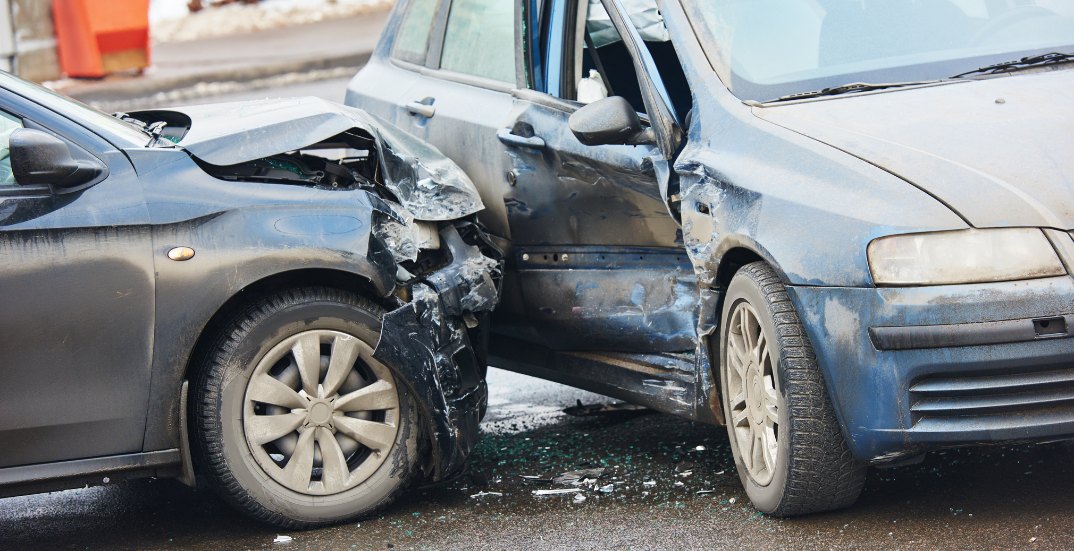
Evidence is going to be a crucial part of any type of court case in West Virginia. This is true for both criminal matters as well as civil court matters. Unfortunately, there are times when evidence is destroyed or altered, or when it vanishes altogether before the commencement of pending litigation. When this happens, it is referred to as the “spoliation” of the evidence.
Defining Spoliation of Evidence
As we mentioned above, spoliation can refer to a variety of actions that can happen regarding evidence in a pending or potential civil action. When many people think of spoliation, they think of an extreme action taken by one party involved in the case to destroy or alter evidence. The reality is that even seemingly innocent conduct could result in spoliation.
There are times when a defendant or plaintiff in the case may purposely destroy evidence that they know could harm them in a civil case. However, it is just as likely that a person involved would accidentally shred a document or throw out the evidence because they do not think it plays any role in any potential litigation. Even the simple deletion of a computer file could lead to spoliation of evidence.
Can Spoliation Lead to a Separate Case or Additional Damages?
In West Virginia, a tort case can arise due to the negligent spoliation of evidence by a third party. The following elements need to be in place in order for the tort of negligent spoliation of evidence to exist. These elements include the following:
- The existence of a pending or potential civil action
- The alleged spoliator had actual knowledge of the pending or potential civil action
- A duty to preserve evidence arising from a contract, agreement, statute, administrative rule, voluntary assumption of duty, or other special circumstances
- Spoliation of the evidence
The spoliated evidence was vital to the party’s ability to prevail in the pending or potential civil action
Damages
In layman’s terms, a tort case surrounding the negligent spoliation of evidence can exist if the person who destroyed, altered, or hid evidence knew about pending litigation where that evidence would be used, and somebody suffered damages because of the spoliation.
In West Virginia, the Supreme Court does recognize intentional spoliation of evidence as a stand-alone tort when the spoliation was done by a party involved in the civil action or a third party.
Regardless of whether or not the spoliation of evidence leads to a separate tort case, any spoliation will undoubtedly have an effect on the pending litigation that was related to the evidence that was spoliated. If it is determined that a person involved in the case altered, destroyed, or hid evidence, whether knowingly or unknowingly, it could negatively affect their ability to prevail in the case.
Working With an Attorney
Any person who thinks that they may be involved in a civil action, such as a personal injury claim, should work with a skilled Martinsburg injury attorney as soon as possible. When an attorney gets involved, they will be able to take steps to prevent the spoliation of evidence on either side. This will begin by sending a letter of spoliation to all parties who may have evidence related to the pending case. The letter notifies every party that they should not destroy, alter, or otherwise tamper with any evidence related to the case (or potential case).




